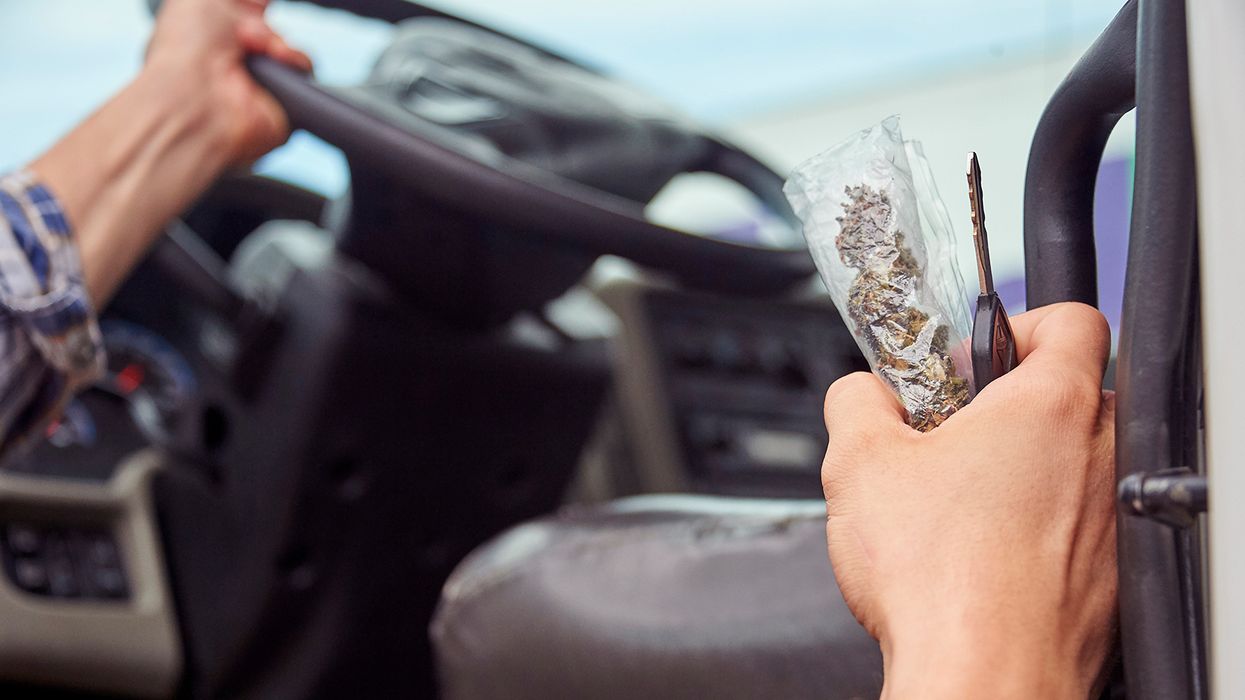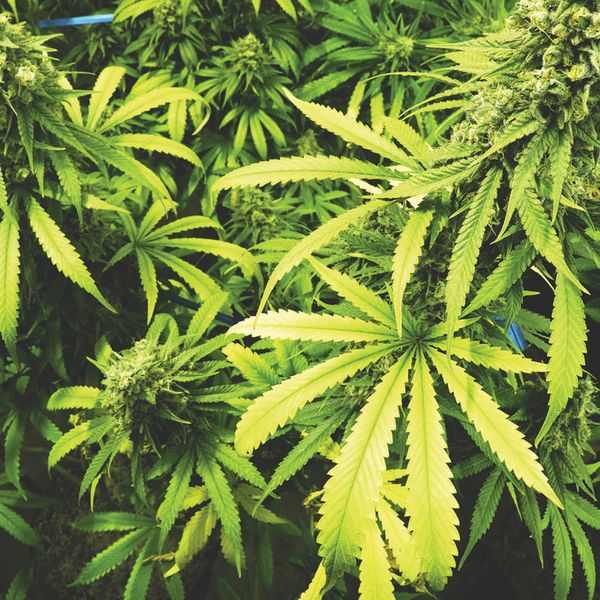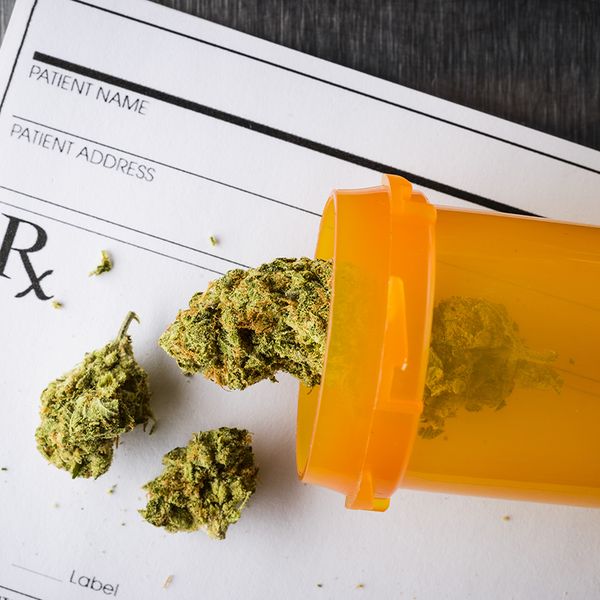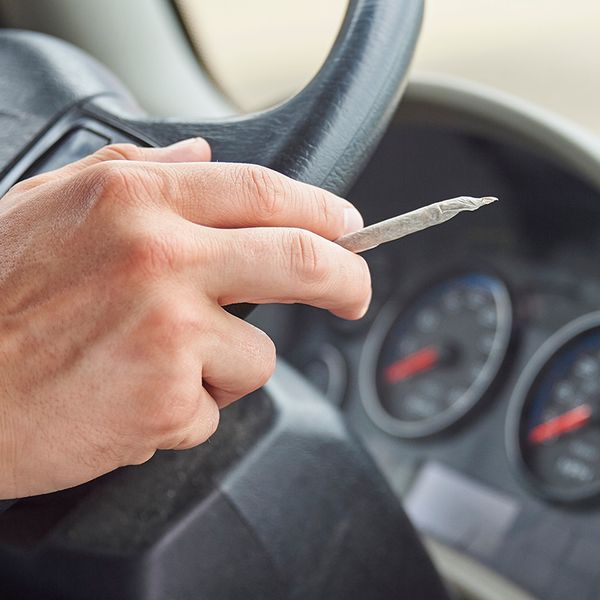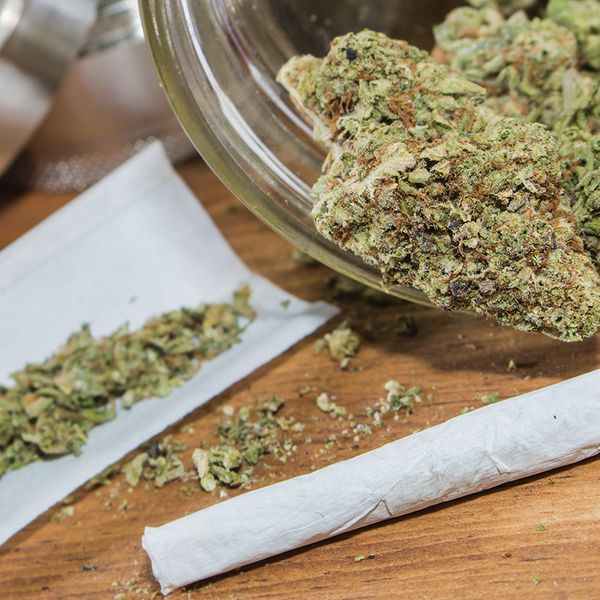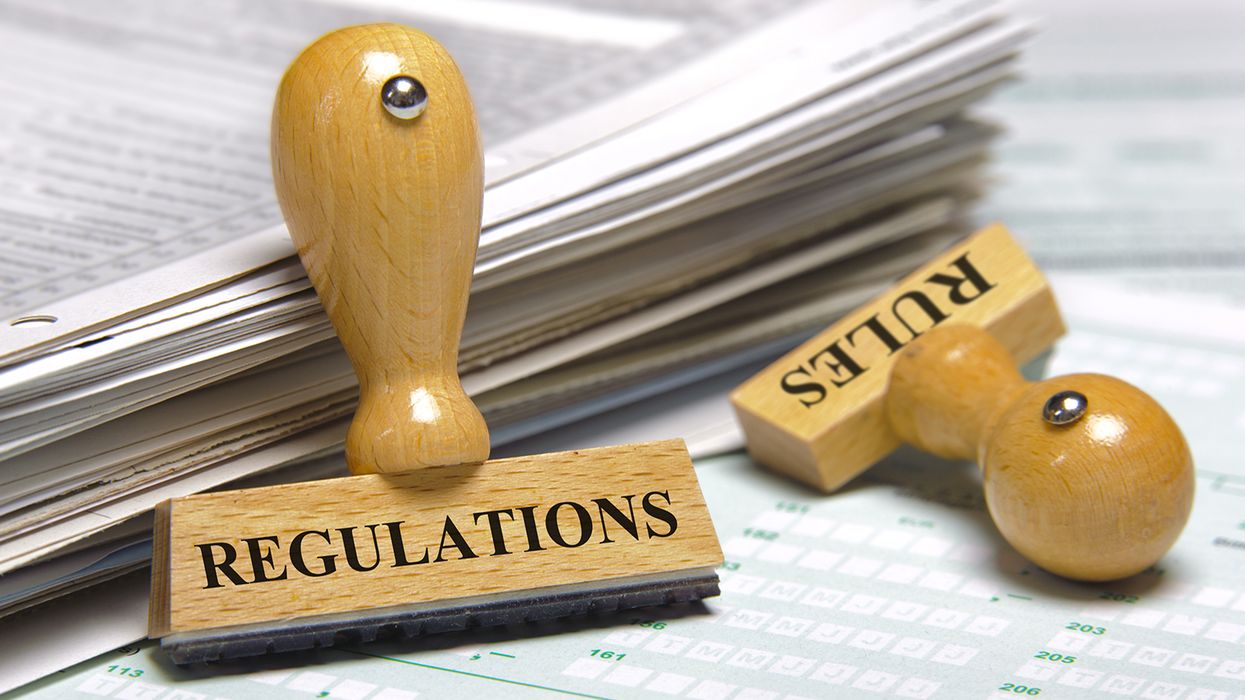Marijuana rescheduling concerns transportation safety agency
When the Drug Enforcement Agency (DEA) holds a hearing on December 2 to discuss moving marijuana to a lower drug classification, it is likely the National Transportation Safety Board (NTSB) will have something to say.
In comments on the DEA’s proposed rule to move marijuana from Schedule I to Schedule III of the Controlled Substances Act, the agency warned that drug testing for employees in safety-sensitive roles could be upended if marijuana is rescheduled.
Failing to address the impact the change would have on federal drug testing regulations would imperil the way truck drivers, airline pilots, pipeline operators, and others in safety-sensitive positions are tested for drugs, the agency says.
The NTSB’s primary concern is that the federal workplace guidelines do not authorize testing for Schedule III controlled substances.
“Removal of marijuana testing from DOT (Department of Transportation) and HHS (Health and Human Services) drug testing panels for safety-sensitive transportation employees would remove a layer of safety oversight that employers have been managing for decades, and it would prevent DOT and HHS drug testing from acting as a deterrent to marijuana use by those employees,” the NTSB said in a press release. “Additionally, the NTSB would no longer have DOT and federal workplace marijuana test results as evidence in our investigations.”
Safety concerns with marijuana rescheduling
The agency also is concerned about the safety risks of rescheduling as they relate to employees in the transportation industry and the public. “Well-established scientific evidence shows that marijuana impairs the abilities needed to safely operate a vehicle and to perform other safety-related tasks,” NTSB chair Jennifer Homendy said in a letter commenting on the rescheduling proposal.
Marijuana use has an adverse effect on performance when it:
- Slows reaction time,
- Alters perception,
- Impairs sustained attention,
- Harms decision-making, and
- Impairs risk assessment.
Accidents linked to marijuana use
Since 2022, in a dozen events investigated by the agency, there have been 28 fatalities and additional injuries in incidents where at least one vehicle operator tested positive for marijuana.
The growing prevalence of marijuana use is also a concern:
- 42 percent of past-month users report that they used marijuana 21 days or more, according to the US National Survey on Drug Use and Health.
- Marijuana is the second-most commonly detected potentially impairing drug (after alcohol) found among drivers, according to the NTST 2022 report Alcohol, Other Drug, and Multiple Drug Use Among Drivers.
- Marijuana was detected in 25 percent of drivers hospitalized with trauma as a result of a crash, according to a 2022 National Highway Traffic Safety Administration study.
- Marijuana was detected in 31.7 percent of fatally injured drivers in the 2022 NTSB study.
The agency notes that it is challenging to determine whether marijuana use contributed directly to an accident because a test showing that marijuana has been used does not directly predict impairment. However, the agency has found enough evidence to cite marijuana’s effects as the probable cause of numerous events, including a 2022 crash in Oklahoma between a car and combination vehicle that took the lives of six teens.
Importance of marijuana testing
Due to safety concerns, the NTSB would like the DEA to ensure that marijuana testing will remain within the scope of the pre-employment, random, reasonable suspicion, and post-accident drug testing required under federal regulations.
“Removal of marijuana testing from DOT and HHS drug testing panels for safety-sensitive transportation employees would remove a layer of safety oversight that employers have been managing for decades, and it would prevent DOT and HHS drug testing from acting as a deterrent to marijuana use by those employees,” the NTSB chair noted.
The agency also urges the DEA to spotlight the message that marijuana impairs the ability to perform safety-related tasks and operating a vehicle while impaired by marijuana is illegal.
In addition, the agency asked the DEA to scrutinize how marijuana’s reclassification as a drug accepted for medical use would impact the ability of a worker in a safety-sensitive role to present medical marijuana use as a legitimate medical explanation for a positive result on a drug test.
“Marijuana is a prevalent drug with performance-impairing effects, human performance is critical to the safety of transportation systems, and most people interact with transportation systems multiple times per day,” Homendy said. “For these reasons, transportation safety is a public health issue that deserves prominence in the national conversation about marijuana scheduling.”
Key to remember: The NTSB has concerns about the possible reclassification of marijuana as a schedule III drug, especially when it comes to drug testing for safety-sensitive roles.

